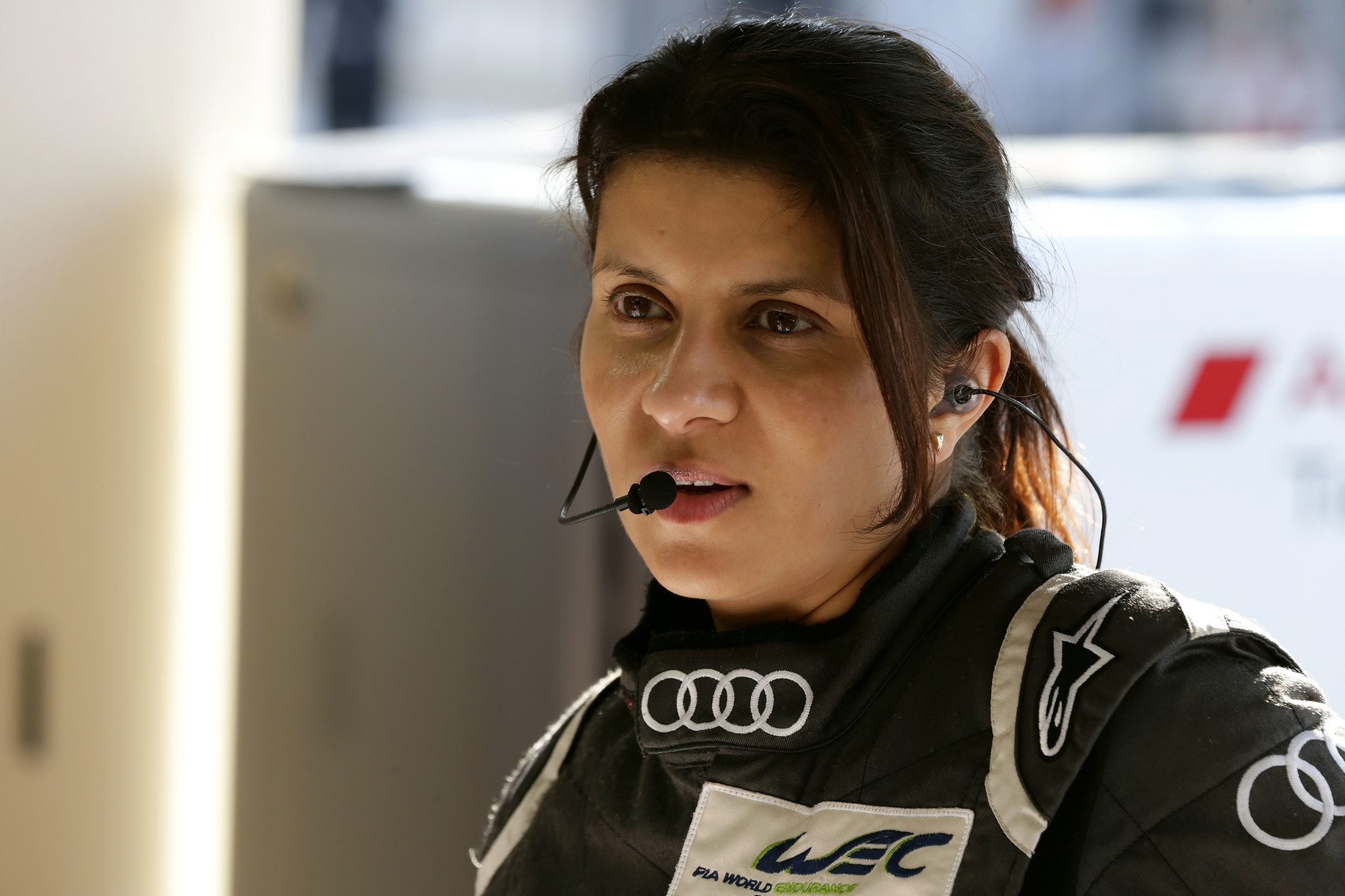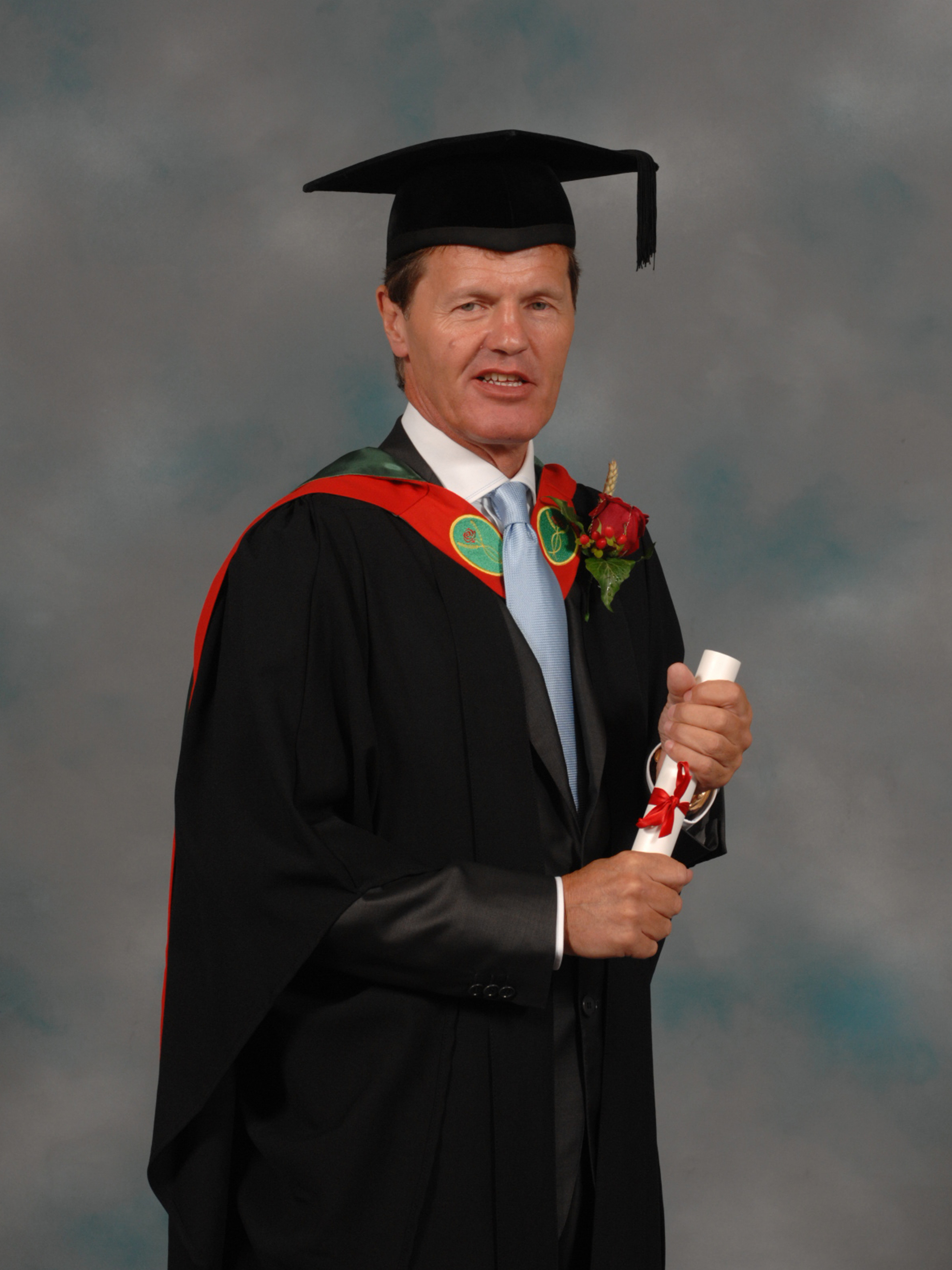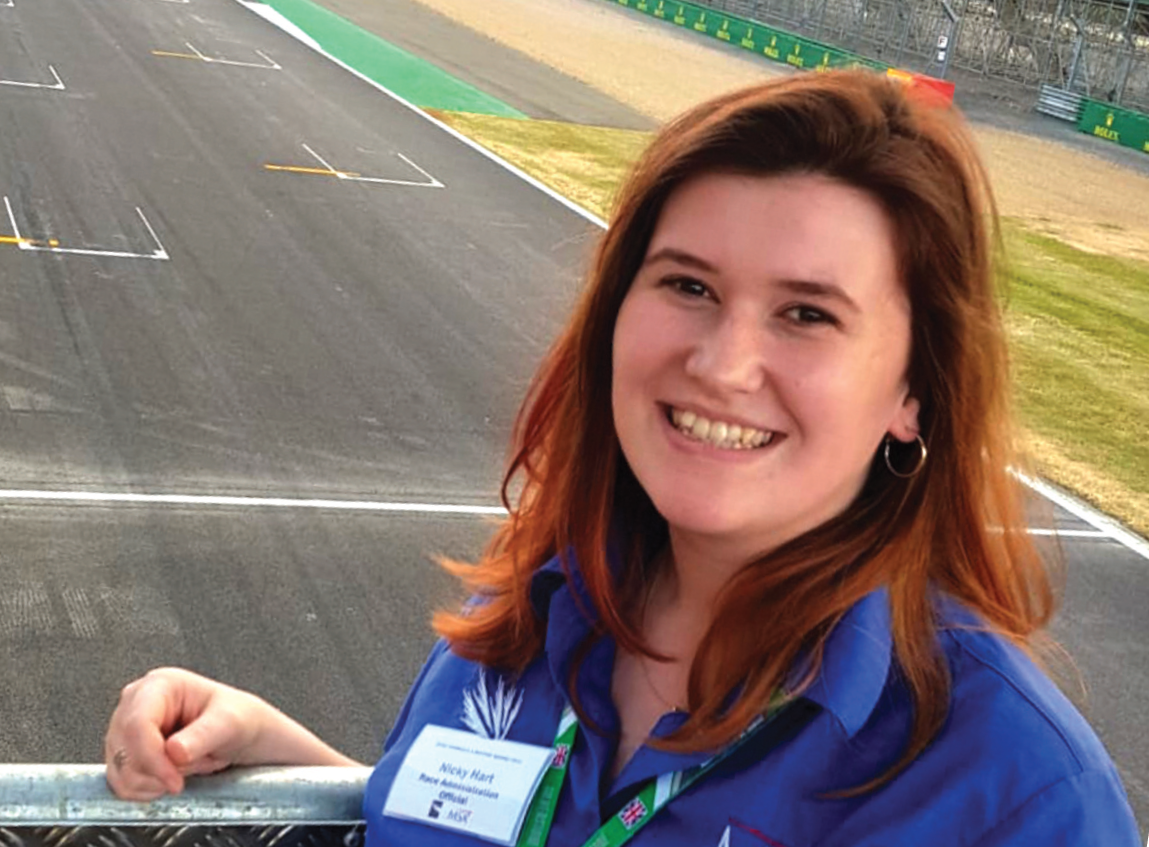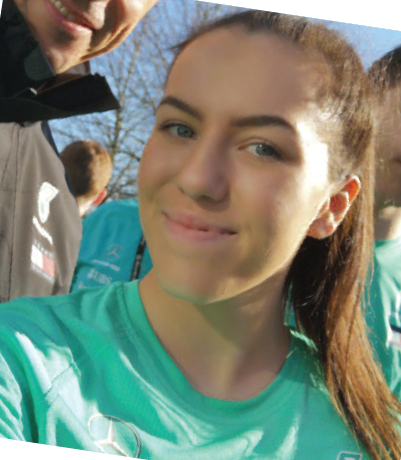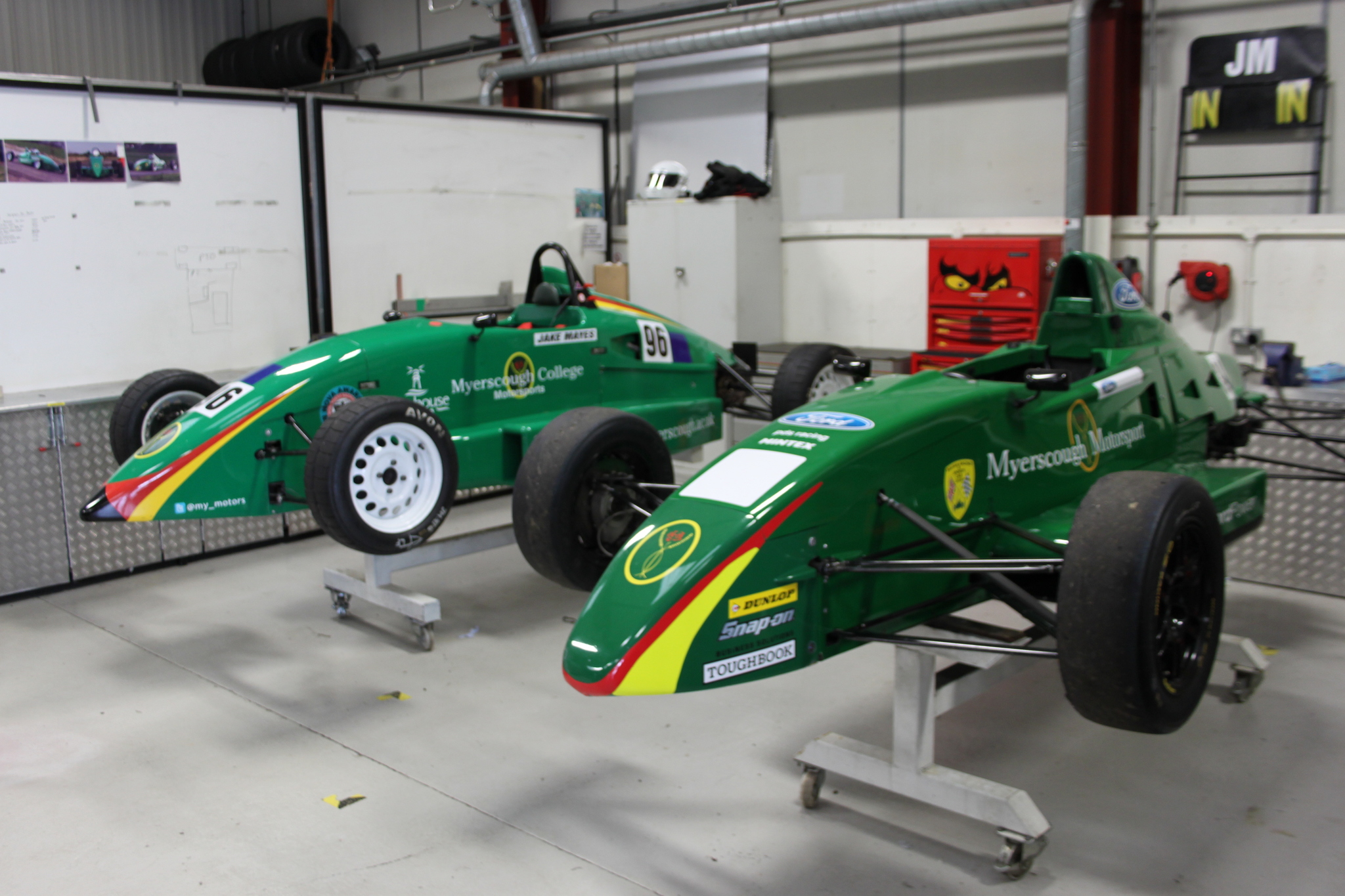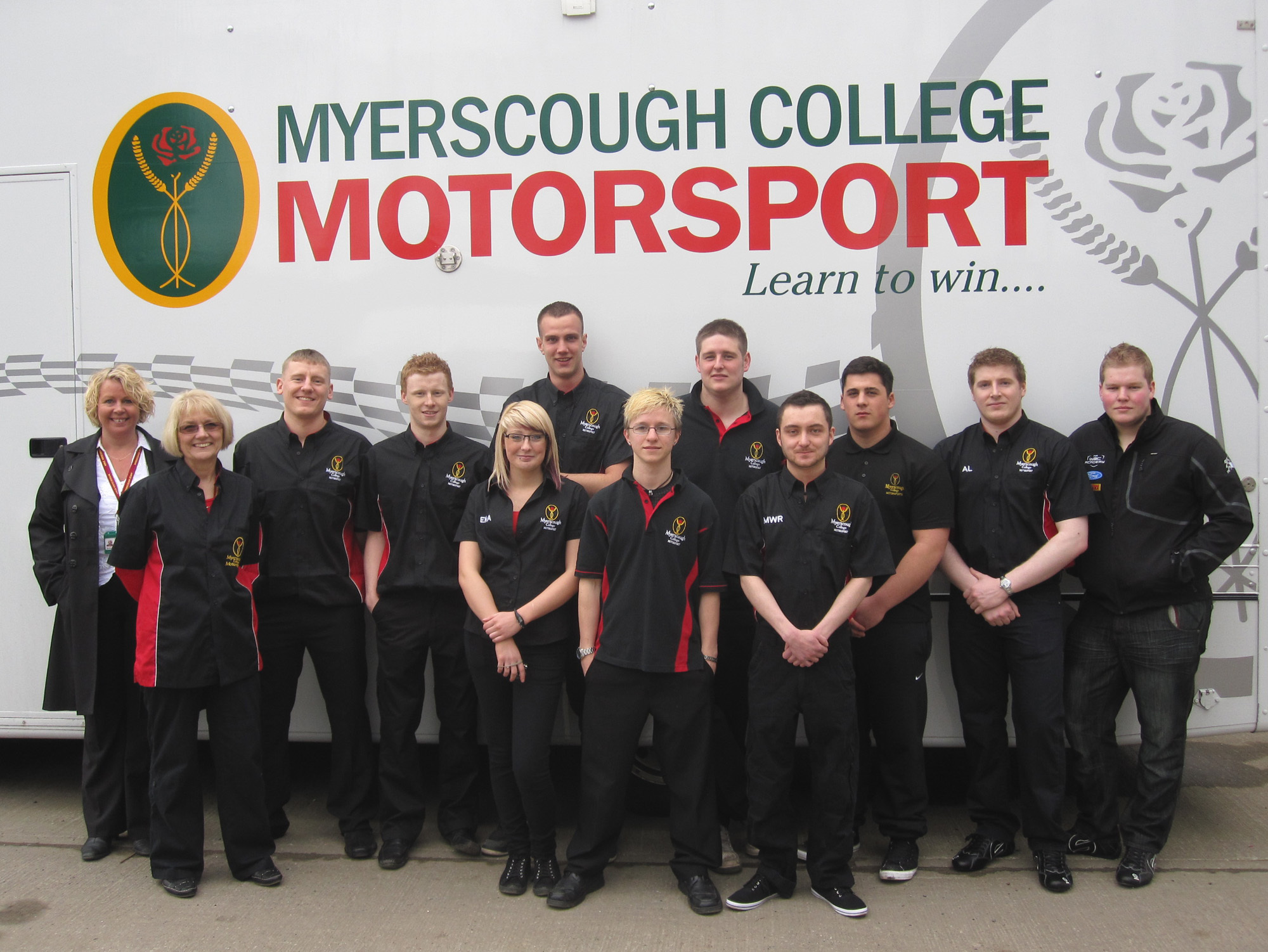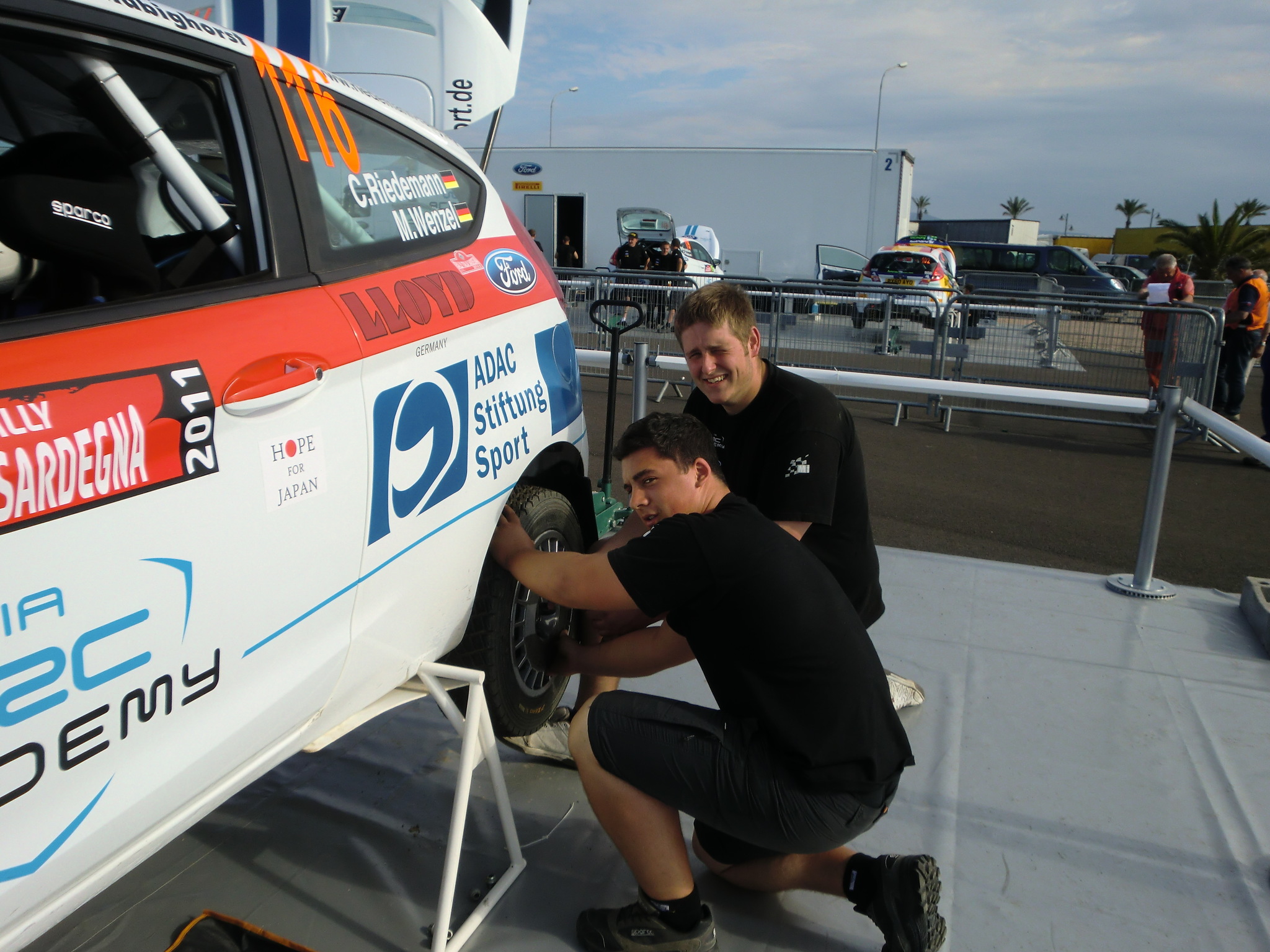Course modules
Year 1
Health and Safety in the Engineering Workplace
This unit will give learners an understanding of the key features of health and safety legislation and regulations and how these are applied in engineering to ensure safe working conditions.
Communications for Engineering Technicians
This unit gives learners the opportunity to apply the wide range of communication methods used within engineering. These include visual methods, such as drawing and sketching, and computer-based methods, such as two-dimensional (2D) computer-aided design (CAD) and graphical illustration packages. It will also develop learners’ ability to write and speak in a framework of technology-based activities, using relevant and accurate technical language appropriate to the task and the audience.
Mathematics for Engineering Technicians
One of the main responsibilities of engineers is to solve problems quickly and effectively. This unit will enable learners to solve mathematical, scientific and associated engineering problems at technician level.
Computer Aided Drafting in Engineering
This unit will enable learners to produce a variety of CAD drawings, from single-part 2D components to complex 3D models. Advanced techniques, such as using pre-prepared symbols to construct circuit diagrams and assembly drawings, will provide opportunities for learners to develop their skills. Learners will investigate the use of CAD in industry, the hardware and software required and the links with other software packages.
Vehicle Engine Principles, Operation, Service and Repair
This unit will enable learners to develop an understanding of a range of engines in terms of their operating principles and processes, applications and service/repair. Two and four-stroke cycle spark and compression ignition engines will be considered together with their related sub-systems — fuel, cooling and lubrication. The unit also examines current and future developments in engine design that make use of alternative fuel and power systems.
Applications of Vehicle Science and Mathematics
Learners will carry out data collection and manipulation in vehicle-related areas such as speed, acceleration and power. They will also complete a variety of practical activities including carrying out an engine performance test and comparing the outcomes to scientific calculations.
Mechanical Principles of Engineering Systems
Learners are introduced to the behaviour of loaded engineering materials and the analysis of a range of static engineering systems. They will gain an understanding of dynamic systems through the application of Newtonian mechanics. Finally, they will deal with the effects of heat transfer, the expansion and compression of gases and the characteristic behaviour of liquids at rest and in motion.
Electrical and Electronic Principles in Engineering
The unit starts by developing and extending learners’ understanding of fundamental electrical and electronic principles through analysis of simple direct current (DC) circuits. Learners are then taken through the various properties and parameters associated with capacitance and inductance, before finally considering the application of single-phase alternating current (AC) theory. The unit will encourage learners to take an investigative approach through practical construction, measurement and testing of circuits and, where applicable, the use of computer-based circuit analysis and simulation.
Further Engineering Mathematics
In this unit, learners will use algebraic techniques to solve engineering problems involving sequences, series, complex numbers and matrices. You will investigate the use of statistics as a data-processing and analysis tool, for example applying techniques used by a quality assurance engineer to monitor the output from a manufacturing process.
Year 2
Operation and Maintenance of Light Vehicle Transmission Systems
This unit covers the conventional aspects of light vehicle transmission systems, their function, principal components and operating principles. This will include a detailed examination of the three major systems – a vehicle’s clutch mechanism, gearbox and the driveline and final drive systems. Learners will be introduced to the most recent developments in the use of electronics for the control and operation of transmissions systems in both standard production vehicles and motorsport applications.
Motorsport Vehicle Preparation and Inspection
This unit focuses on both the technical and practical aspects of preparation and inspection. It will enable learners to gain the skills required of a competent member of a motorsport team. The areas covered will include preparing a motorsport vehicle to a given standard and ensuring that the correct documentation has been gathered and completed, during the inspection process. It will also cover the documentation required by the sports’ governing bodies.
Entry requirements
Entry requirements
English GCSE at grade 5(C) or higher plus four others at grade 5(C) or higher to include Maths and Science. Please read the “Understand Your Offer” page on the Admissions Guide for detailed information, conditions and equivalencies.
